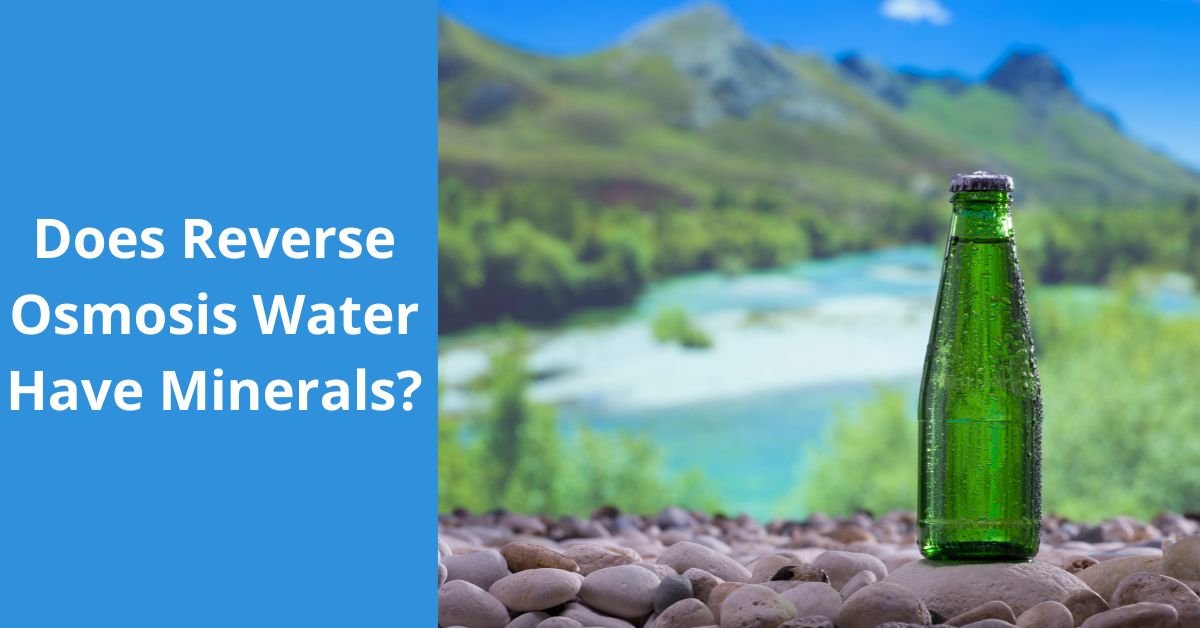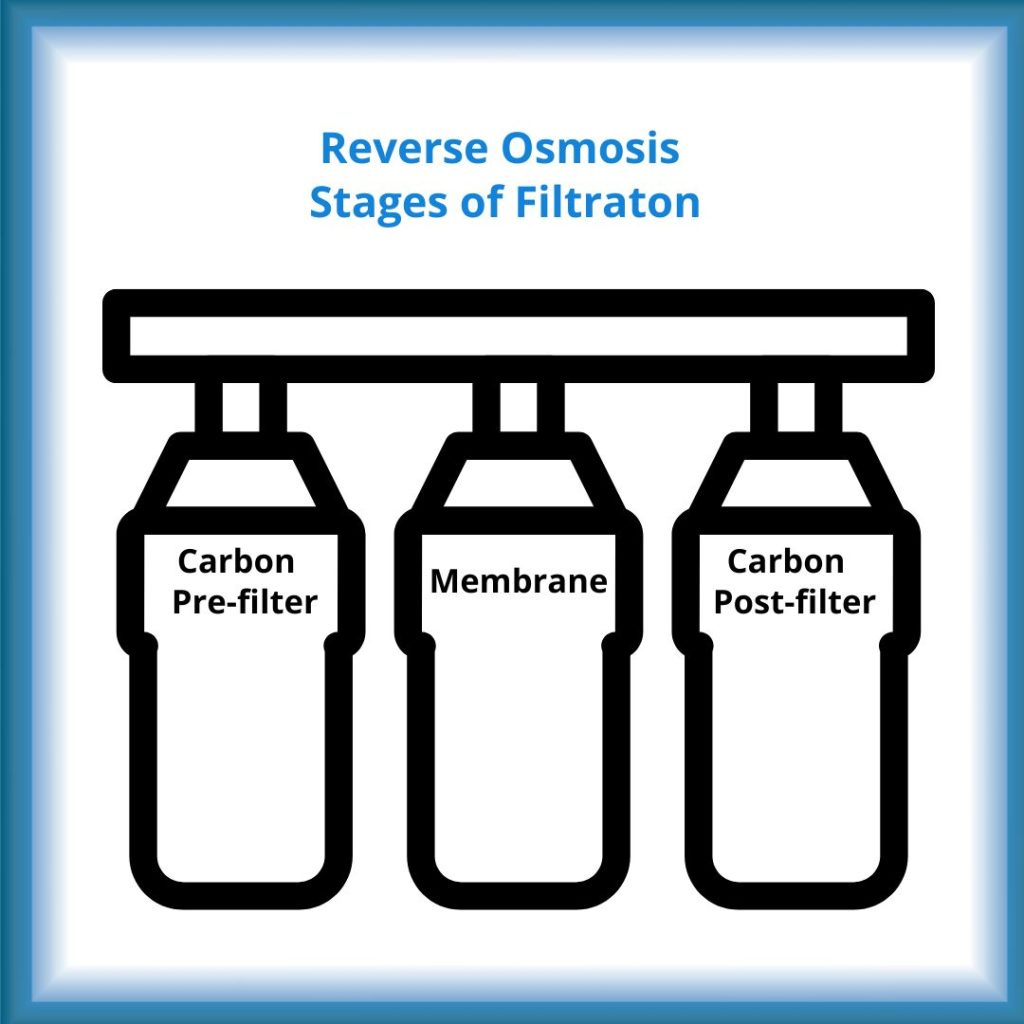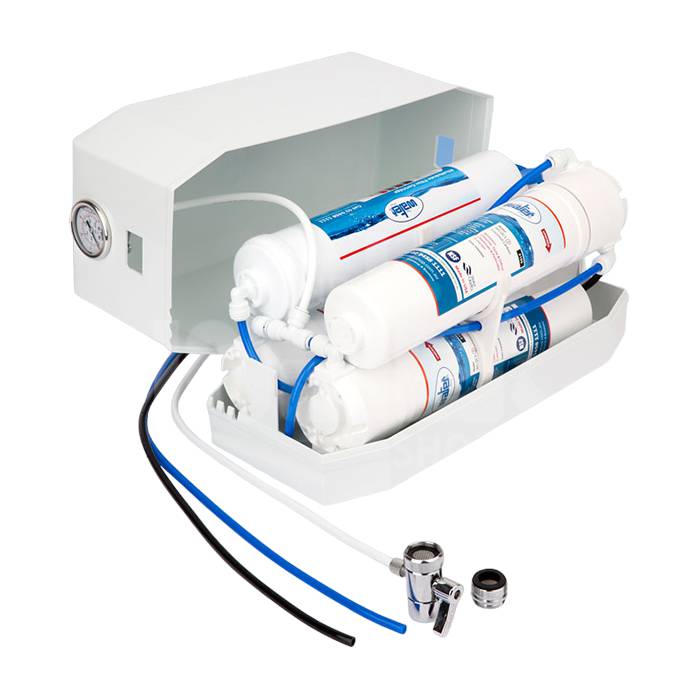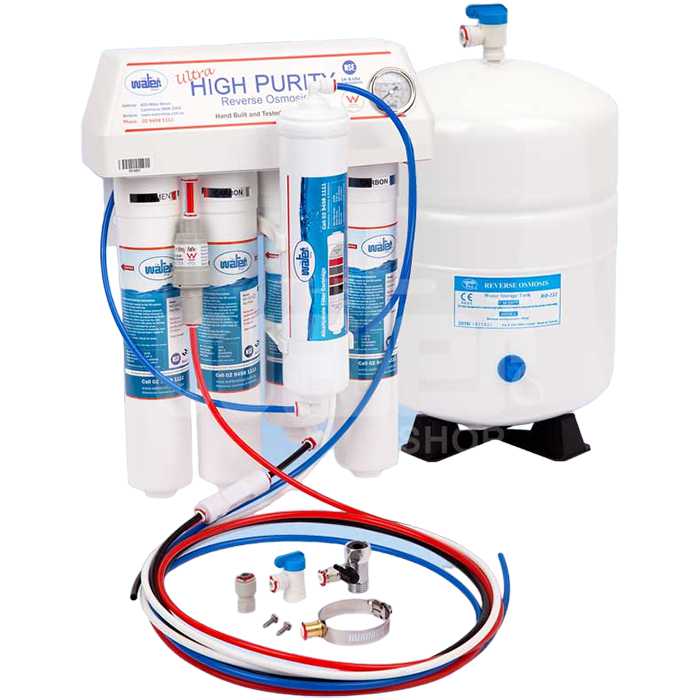
Does Reverse Osmosis Water Have Minerals?
Reverse osmosis (RO) water filtration has become increasingly popular for homeowners seeking pure, clean drinking water. However, as more people adopt this technology, questions arise about the mineral content of RO-filtered water
The Minerals in Drinking Water and Why they are Important
These six minerals are crucial for maintaining overall health: calcium, which supports strong bones and teeth; magnesium, which promotes a healthy nervous system and bone structure; iron, which is vital for the production of haemoglobin; potassium, which helps regulate muscle and nervous system function; zinc, which plays a key role in immune system function; and sodium, which maintains the balance of fluids within cells.
How Do You Get Minerals When Drinking Reverse Osmosis Water?
Reverse osmosis filtration is highly effective at removing contaminants from water, including harmful substances like lead, chlorine, and bacteria. However, this process also removes the beneficial minerals. While this produces exceptionally pure water, it raises concerns about mineral intake and potential health implications.
Understanding Reverse Osmosis Filtration
Before we delve into the mineral content, let’s briefly review how a reverse osmosis water filter works:

Pre-filtration: Water passes through sediment and carbon filters to remove larger particles and chlorine.
Membrane filtration: Removes up to 99% of contaminants by forcing water through a semi-permeable membrane.
Post-filtration: A final carbon filter polishes the water, improving its taste and removing any remaining odors.
This process, whether in a reverse osmosis water filter benchtop unit or an undersink RO system, effectively strips the water of almost everything, including minerals.
The Mineral Dilemma
While the purity of RO water is a significant advantage, the lack of minerals has led to debates about its long-term consumption. Some argue that drinking demineralised water could lead to mineral deficiencies, while others contend that we get most of our minerals from food, not water.
So, how can you ensure you’re getting enough minerals while enjoying the benefits of RO-filtered water? Here are several approaches:
Remineralization Filters
Many undersink reverse osmosis systems now come with an additional remineralisation stage. This filter adds small amounts of beneficial minerals back into the purified water. If your current system doesn’t have this feature, you can often add a remineralization filter as an upgrade.
Benchtop Reverse Osmosis Water Filter

Under Sink Reverse Osmosis Water Filter

Mineral Drops
Liquid mineral concentrates are available to add to your RO water. These drops contain a balanced blend of minerals to enhance your water’s nutritional value.
Alkaline Pitchers
After filtering water with your reverse osmosis water filter benchtop unit, you can pour it into an alkaline water pitcher. These pitchers add minerals and increase the water’s pH, potentially offering additional health benefits.
Diverse Diet
Ensure your diet includes a variety of mineral-rich foods. Fruits, vegetables, nuts, and whole grains are excellent sources of essential minerals.
Mineral Supplements
If you’re concerned about mineral intake, talk to a healthcare professional about taking mineral supplements.
The Benefits of Mineralized RO Water
Pure RO water is excellent for removing contaminants, adding minerals back can provide several benefits:
Improved Taste: In my personal experience, pure RO water can taste flat and almost lifeless. This is why I find that slightly mineralized water has a more pleasant, refreshing flavor. The subtle mineral content seems to bring the water back to life, making it more enjoyable to drink.
pH Balance: Minerals can help balance the pH of the water, making it less acidic.
Health Benefits: While research is ongoing, some studies suggest that minerals in water contribute to overall health and hydration.
Choosing the Right System for You
When selecting a reverse osmosis filtration system, consider your specific needs:
Space: If you have limited under-sink space, a reverse osmosis water filter benchtop model might be more suitable than an undersink RO system.
Mineral Preferences: If you’re concerned about mineral content, look for systems with built-in remineralisation.
Water Usage: Consider how much purified water you need daily. Some systems are more efficient than others.
Maintenance: Consider the ease of filter changes and overall system maintenance.
Balancing Purity and Mineral Content
Reverse osmosis filtration provides exceptionally pure water, free from contaminants that could affect your health. While it’s true that RO water lacks minerals, this doesn’t necessarily pose a health risk for most people with a balanced diet. However, if you’re concerned about mineral intake or prefer the taste of mineralised water, there are simple and effective ways to add minerals back into your RO-filtered water.
Whether you choose an undersink reverse osmosis system or a benchtop unit, the key is to find a balance that works for you. Pure water is essential for health, but so are minerals. By understanding your options, you can enjoy the benefits of RO filtration and ensure you’re not missing out on beneficial minerals.
Remember, the goal is to have clean, safe, and enjoyable drinking water. With the right approach, your reverse osmosis system can provide just that—along with peace of mind about your water quality.



